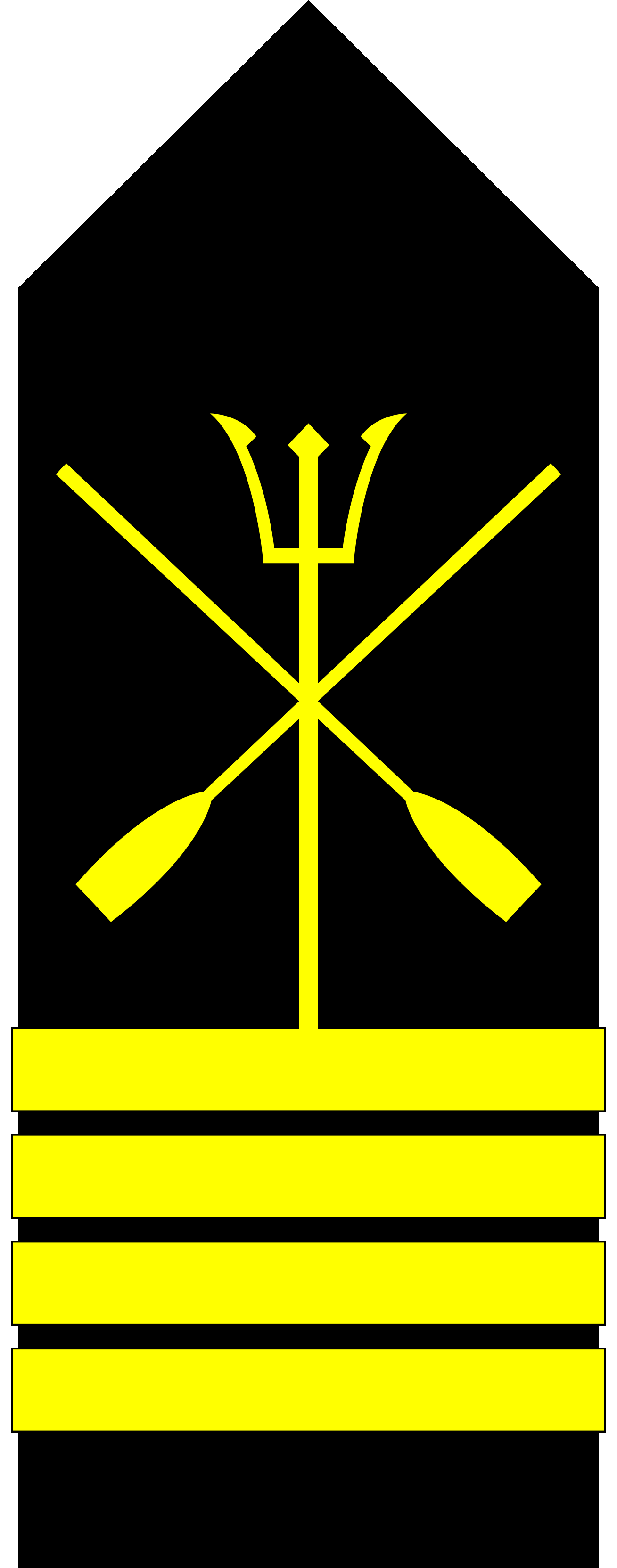Sea sickness has been sorted on the boat. Some of us got sick some didn't. Understanding sea sickness is actually a very interesting thing. Here is what I wrote about it a few years ago in the oceanrowing workout section. Seasickness refers back to a reaction rooted in our biological heritage.
Another important thing rooted in our biological heritage, and another very important topic for this expedition, is the craving for sweet taste. Most people on an ocean row include sugary and sweet meals as a big part of their food rations (not me though). Originally, way way back when we were hunters and gatherers, cravings for sweetness could only be satiated by eating fruit. Such cravings meant that the body was calling to lower its acidity, as almost all fruit create an alkaline environment which automatically reduces body acidity... It is important to mention that acidity and alkalinity have nothing to do with taste. For example, lemon is a form of acid and tastes very sour, but is one of the most effective alkalizers. Acidic foods are mostly those foods that we think of as heavy, such as meat, bread, nuts, cheese and sugar. These foods cause the body to create an acidic environment while processing them, not because these foods necessarily taste acidic.
In a human body, acidity is an environment that allows anaerobic bacteria to breed. Anaerobic bacteria are one type of microbe that does not benefit your body in any way. In fact, anaerobic bacteria cause diseases and other troubles. So, when we feel cravings for sweet taste and we eat candy, we actually create an even more acidic environment contrary to the alkaline environment that our body is calling for! This, of course, will only increase our more craving for the sweet taste, and on and on and on while the body gets sick. What is the conclusion? When you feel cravings for sweet taste, eat fruit. Do we have fruits on board? No. So better skip sweets at all.
But this is not the only reason why I avoid sugars in my rations. The main reason actually comes from understanding different forms of energy. If you want a fire to last for a few hours, burn wood. If you want it to last 24h/7 burn coal. Compared to a human body, wood would be carbohydrates, and coal would be fats. Sugars in this metaphore would be comparable to maintaining the fire by adding tiny bits of fuel every few minutes... The fireplace is your body and the burning is the metabolism.
Given this understanding, fueling the body on an expedition like this with tiny little bits of sugar fuel is really silly. Another reason to avoid the sweets comes from understanding insulin and how it affects ones performance and shape, especially when on ultra-long endurance feats when one's cortisol level is elevated to the extreme. We know that cortisol “disturbs” the work of insulin and you can't really utilize all the glucose. What is the best alternative for eventual necessity of fast energy? Not sugars, but MCT and cortisol blockers. To make it short, as I spoke a bit more about it in the workout section, this is a fat that impacts your body like a sugar, carries more energy than any fat and doesn't need insulin. However, enough of this chemistry talk because we are almost getting into another “battle with nature” field.
P.S. One could also ask about burning protein as a fuel source, but protein is comparable to burning wet wood or even garbage on the fire. They make a lot of mess when they burn, don't produce that much energy, and therefor are not a good choice of body-fuel. But in the end, remember, you are more than a machine.
